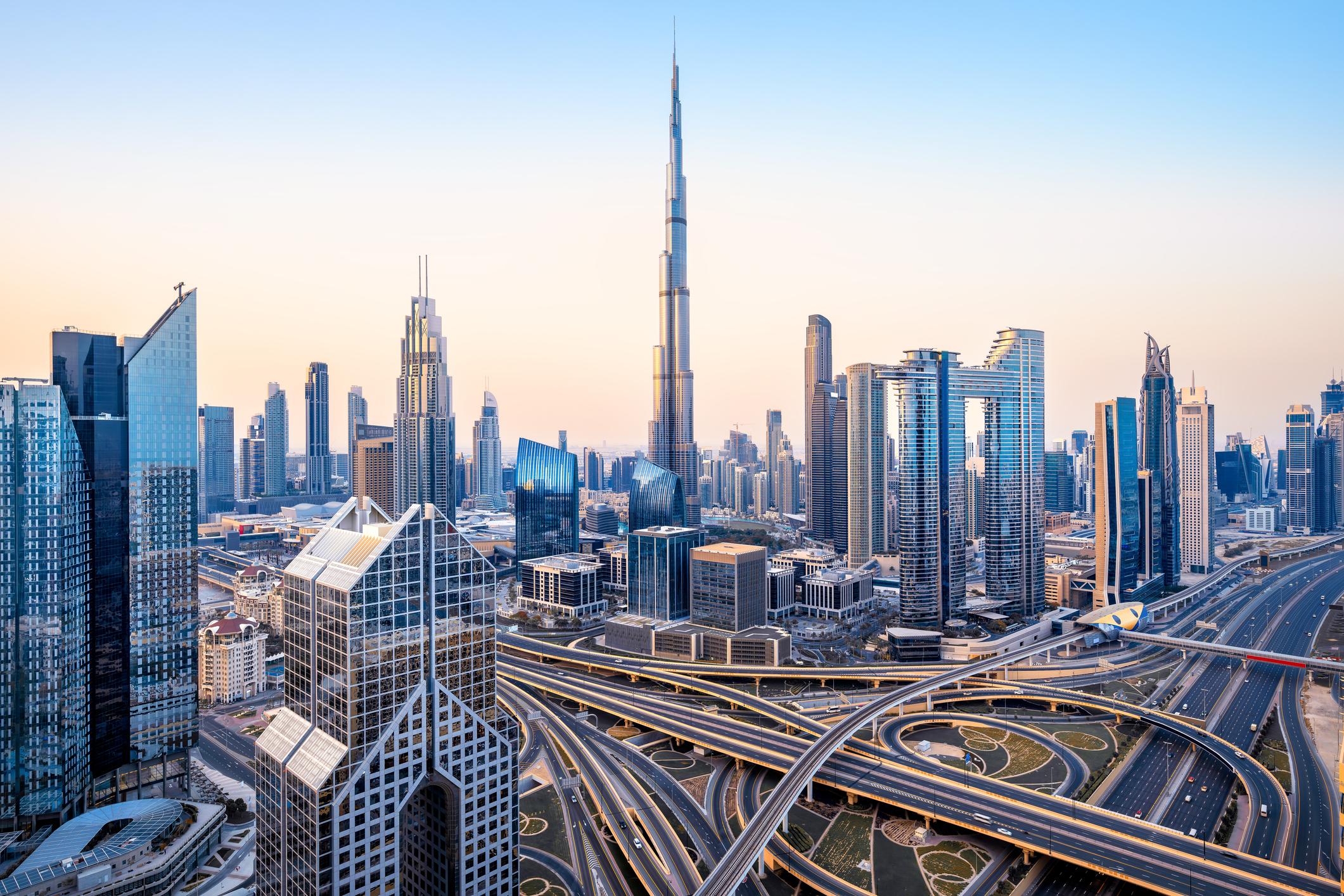Great-power competition between the United States and China continues to weaken multilateralism and the rules-based order. Despite that, the system is far from dead. Autocratic states increasingly seek to interact with international institutions in ways that violate institutional rules and norms, as well as those of the wider global rules-based order.
There are mixed motivations for doing so. For some states, there is arguably a broad agenda to undermine or fracture multilateral partnerships and the rules-based order. Unsurprisingly, minilateral or mini-multilateral groupings are forming to address specific economic or geopolitical challenges. To succeed, those groupings must target specific issues, build consensus and coordinate their members’ complementary strengths and resources to achieve shared goals.
To avoid further international fractures, Australia, the United States and like-minded nations must find new and effective ways to cooperate with international actors.
While media, commentators and social media continue to fixate on high-profile partnerships such as AUKUS, smaller, more focused and more flexible minilateral groupings are an emergent trend in international relations. AUKUS aims to deliver hulking projects over decades, while minilateral agreements enable more immediate defence, energy and economic developments.
The United Arab Emirates, through its strategic investments and partnerships, exemplifies this contemporary minilateral moment, particularly in the realms of clean energy and critical minerals.
One striking example is the UAE’s Partnership for Accelerating Clean Energy (PACE) with the United States. Launched in November 2022, PACE commits US$100 billion to develop 100 gigawatts of clean energy capacity globally by 2035. While it’s a bilateral partnership, PACE’s stated aims are expressly minilateral: to invest in clean energy within emerging economies.
This initiative is a testament to both nations’ commitment to diversifying their energy portfolios and addressing climate change. In January 2023, they announced the first wave of investments, allocating US$20 billion to generate 15 gigawatts of clean-energy projects in the United States. While PACE is a bilateral partnership, it’s part of the UAE’s broader strategy to enhance its renewable energy capabilities while maintaining its status as a leading oil producer.
The state-owned Abu Dhabi National Oil Company (ADNOC) plans to boost its oil production capacity to 5 million barrels per day by 2030 from 4.85 million barrels per day. It’s a practical dual approach to energy security and economic diversification. As Sultan Al Jaber, chief executive of ADNOC, has said, continued investment in hydrocarbons is essential to meet global demand and avoid severe supply shocks.
In addition to bilateral agreements such as PACE, the UAE has actively engaged in minilateral groupings such as the I2U2 group. Formed in 2022, this includes the United States, the UAE, India and Israel and focuses on infrastructure and food security. The I2U2 aims to leverage private-sector capital and expertise to modernise infrastructure, advance low-carbon development and enhance public health and food security. Notable projects include a US$2 billion investment by the UAE to develop integrated food parks in India and a renewable-energy project in Gujarat state.
The I2U2 group is emblematic of the UAE’s broader strategy to forge diverse partnerships that transcend traditional regional alliances such as the Gulf Cooperation Council. That strategy is partly driven by competition with Saudi Arabia for regional economic dominance, although the Israel–Gaza war may have cooled the UAE’s cooperation with Israel.
Despite its strategic investments, the UAE faces several challenges in pursuing minilateral cooperation, including aligning the diverse objectives of partner nations, ensuring transparency and accountability and managing public perceptions. For instance, the UAE’s relationship with the US has experienced strains due to divergent foreign-policy priorities and human-rights records. However, the UAE and its partners can navigate those complexities by focusing on geo-economic initiatives and shared interests, such as in the I2U2 framework.
Moreover, the UAE’s concurrent investments in renewable and hydrocarbon energy sources highlight its nuanced approach to balancing immediate energy needs with long-term sustainability goals. That approach, which considers the volatility of the global energy landscape, necessitates a pragmatic strategy that ensures energy security while advancing the clean-energy agenda.
The UAE’s active engagement in minilateral groupings reflects a broader trend in international relations in which countries form flexible, targeted alliances to address specific challenges. That approach allows for more effective cooperation in critical areas such as the energy transition, infrastructure development and food security.
Australia, too, increasingly engages with minilateralism while continuing to support the rules-based order and multilateralism. Australia has forged a network of 26 minilateral and bilateral agreements on critical minerals to establish new supply chains. As is commonly noted in those agreements, the supply chains must be diverse, secure and also economically, environmentally and socially sustainable.
However, the rapid proliferation of agreements and their tendency to vie with one another hinder the achievement of that objective. It appears to be motivated by political ambitions to secure agreements, rather than focusing on implementation.
As international competition intensifies, including over the clean-energy transition, such minilateral groupings are likely to become increasingly crucial in fostering international collaboration and achieving sustainable development goals. If Australia is to reap greater benefits from minilateralism, it must now focus on targeted cooperation on global, regional and national challenges. That cooperation must focus on building consensus and coordinating complementary strengths and resources to achieve shared goals.


